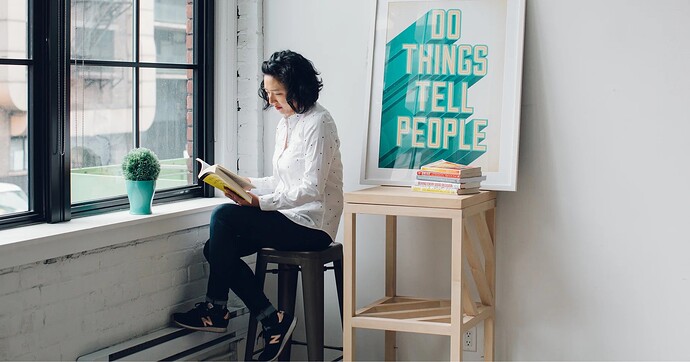“Don’t leave for tomorrow what you can do today.” is a popular saying in my own culture and may be in other cultures as well.
This statement emphasizes the importance of taking action promptly and not procrastinating.
It suggests that tasks or responsibilities should be tackled in a timely manner rather than putting them off for later.
By taking action immediately, one can avoid unnecessary delays, prevent tasks from piling up, and increase productivity.
This principle is often used as a motivation and time management strategy to encourage efficient and effective work habits.
From time to time I wonder who decides what we can and what we can’t? Here I share some reflections on this topic:
The decision of what one can or cannot do is often shaped by a variety of factors, including external influences, societal norms, personal beliefs, and individual circumstances.
External influences:
External factors such as laws, regulations, rules, and policies set by governments, organizations, or institutions can determine what is allowed or prohibited. For example, traffic laws regulate how we can drive on the roads, and workplace policies may dictate what tasks an employee can or cannot perform. In sociocracy we have policies we consented then we have to respect them, till the time is coming to review them and eventually improve them. That’s why in sociocracy we decide for a while and consent for a reviewing term.
Societal / cultural norms:
Societal norms, cultural values, and social expectations also play a role in shaping what is considered acceptable or unacceptable behavior within a community or society. These norms can vary across different cultures, communities, and time periods, and can influence what individuals feel is within the realm of possibility. In sociocracy we honor individuals and we enlarged our possibilities to work and make decisions together inside our common zone of tolerance. We have much more space to find a common ground then using just our zones of preferences.
Personal beliefs:
Personal beliefs, values, and attitudes can also impact one’s perception of what is possible or not. Individuals may have their own internal standards, opinions, and limitations based on their upbringing, experiences, and personal convictions. However, sociocracy gives us the opportunity to make decisions that work for all the members of a circle.
Individual circumstances:
Individual circumstances, such as physical abilities, financial constraints, education level, and personal resources, can also impact what one can or cannot do. For example, someone with physical disabilities may face limitations in certain activities, while someone with financial constraints may have limitations in terms of opportunities they can pursue. I honor the principle of equivalence and I’m happy seeing how it is respected in SoFA (Sociocracy For All). Sometimes it’s not easy, but it’s always possible if we are intentional about this. I participated in meetings where “sign language” was used to share sociocracy knowledge for those with “hearing disabilities” and for me this means for all. I am also interested in becoming able to tach sociocracy to my fellows in my native language. This would be another proof of respecting the principle of equivalence in spreading sociocracy. I’m willing to do my part in this complex equation, expecting that everybody will do the same so that sociocracy will be available “For All”.
It’s important to note that the perception of what one can or cannot do can be subjective and may vary from person to person. It’s influenced by a complex interplay of external and internal factors, and individuals may have different perspectives on their own capabilities and limitations.
Ultimately, the decision of what one can or cannot do is often a result of a combination of external influences, societal norms, cultural perspectives, personal beliefs, and individual circumstances.
May the knowledge about sociocracy become available “For All” as soon as possible.
Love you all.
p.s. Are you holding the role of the facilitator of a circle in your organization? Would it help you to reflect with others on what it means to be a facilitator in a sociocratic organization? Would you like to practice being a facilitator? This Community Of Practice might be helpful for you:

In the Community of Practice for Facilitators (CoP-F) no one teaches anyone, but we all learn from each other by practicing and sharing real life experiences.
We welcome your presence and contribution. It will enrich all of our sociocracy knowledge.
Best wishes to all of you!
